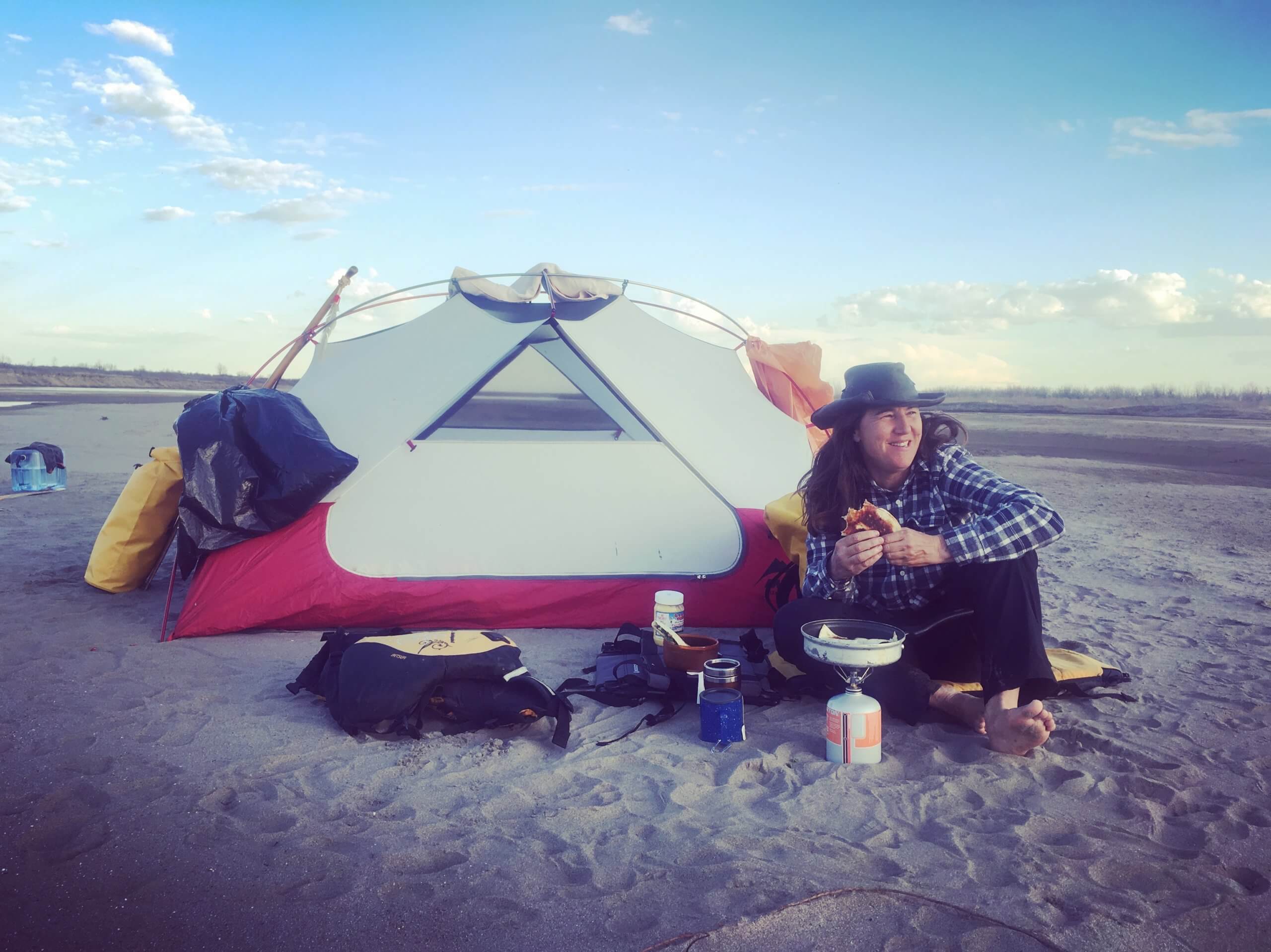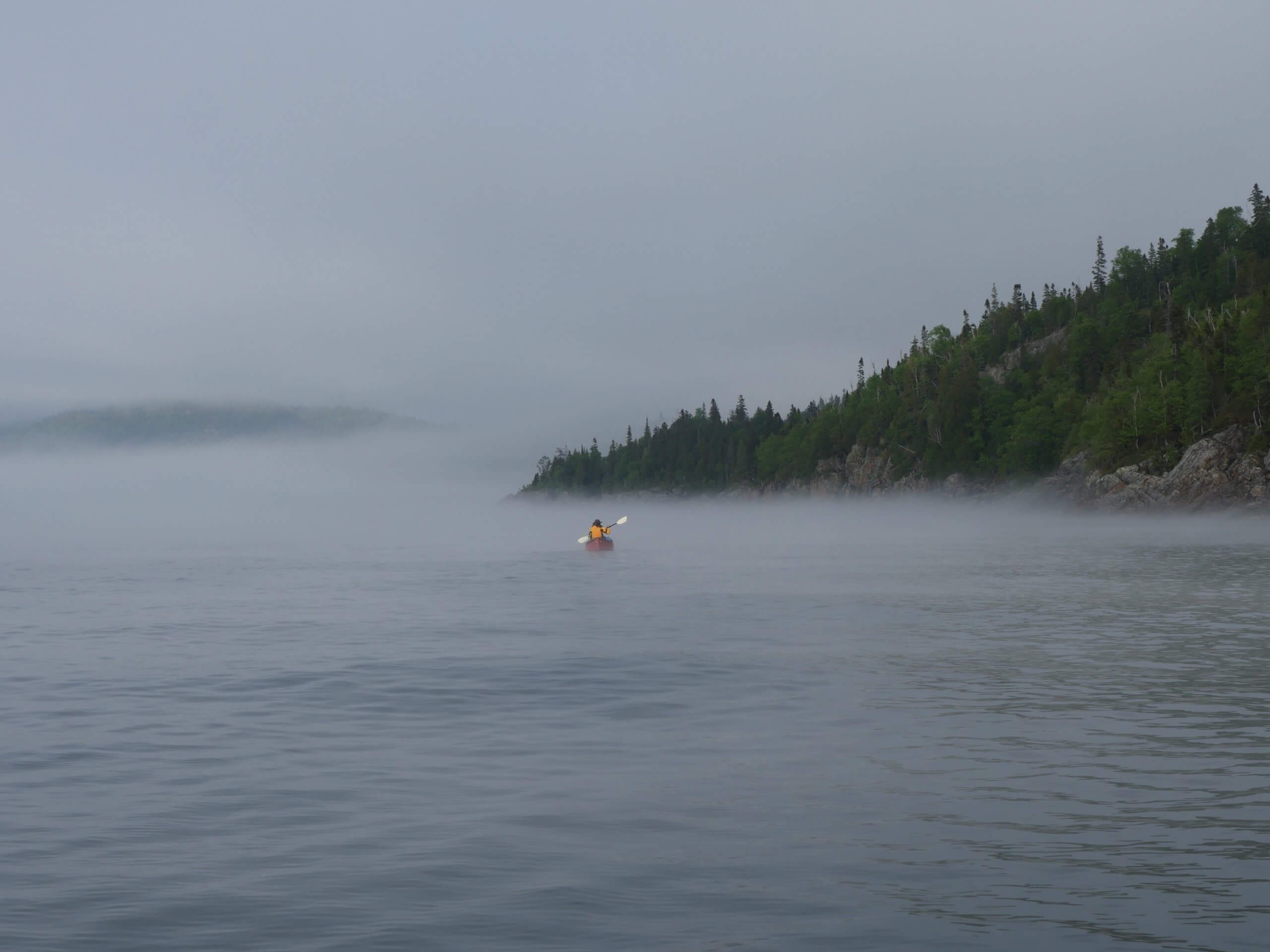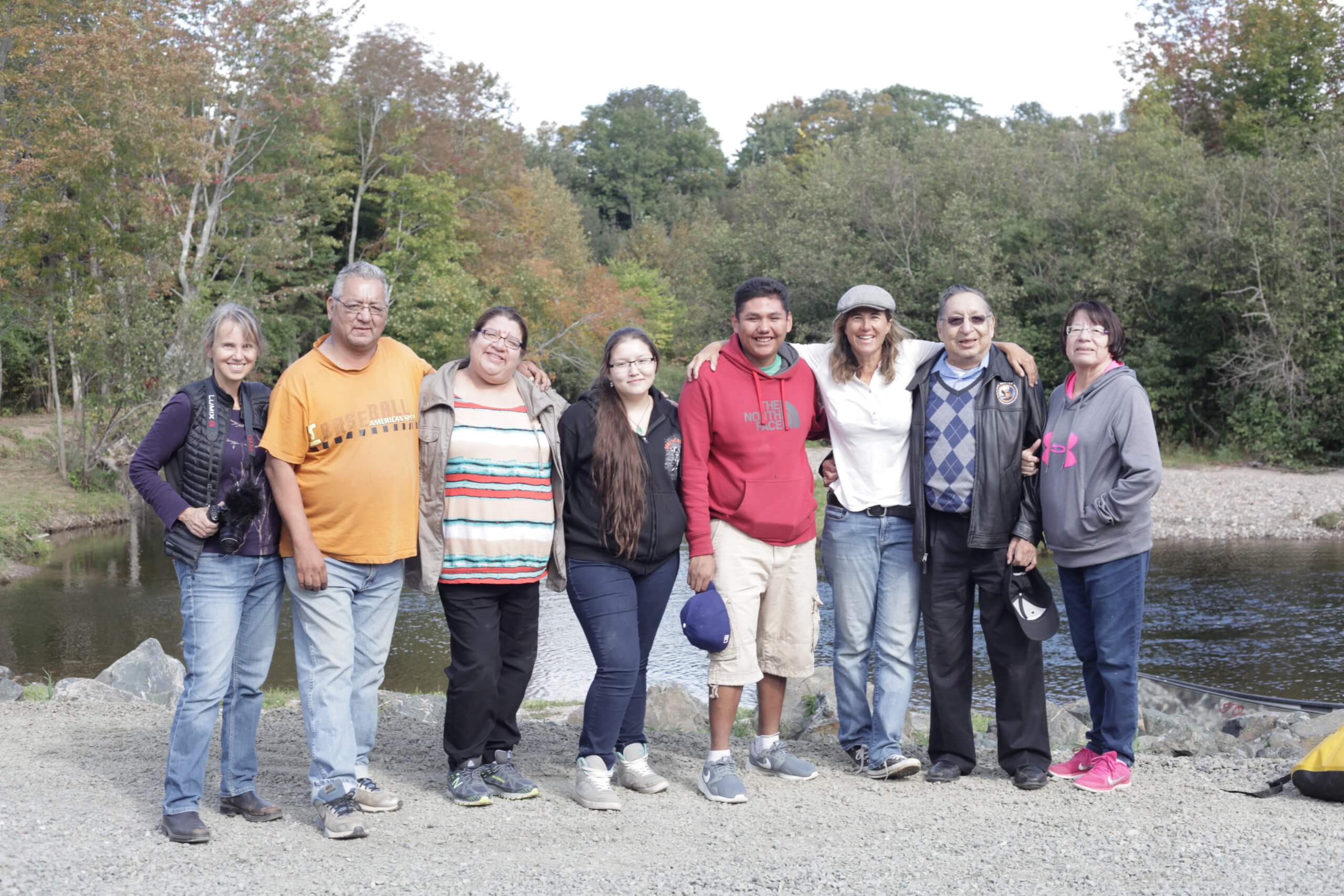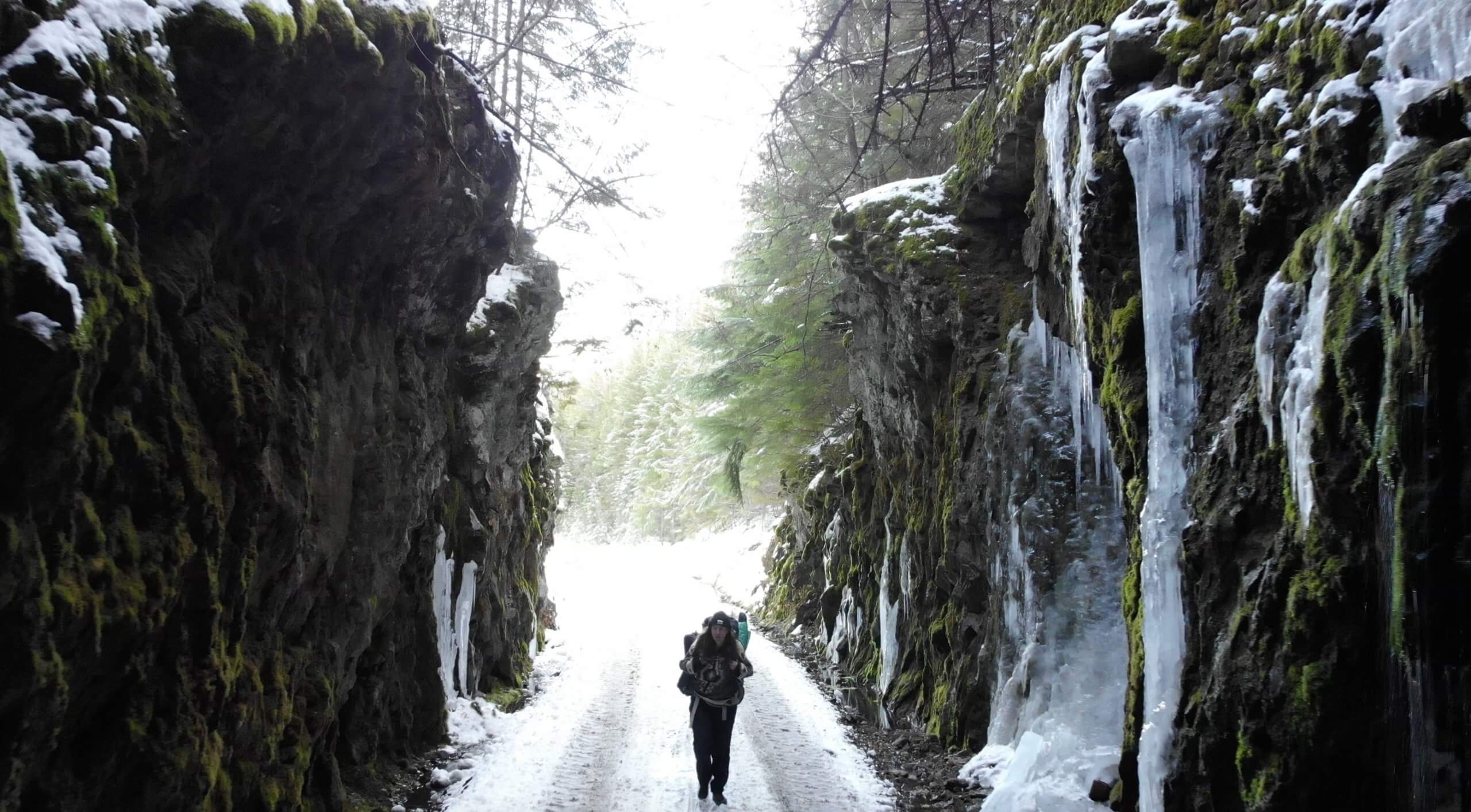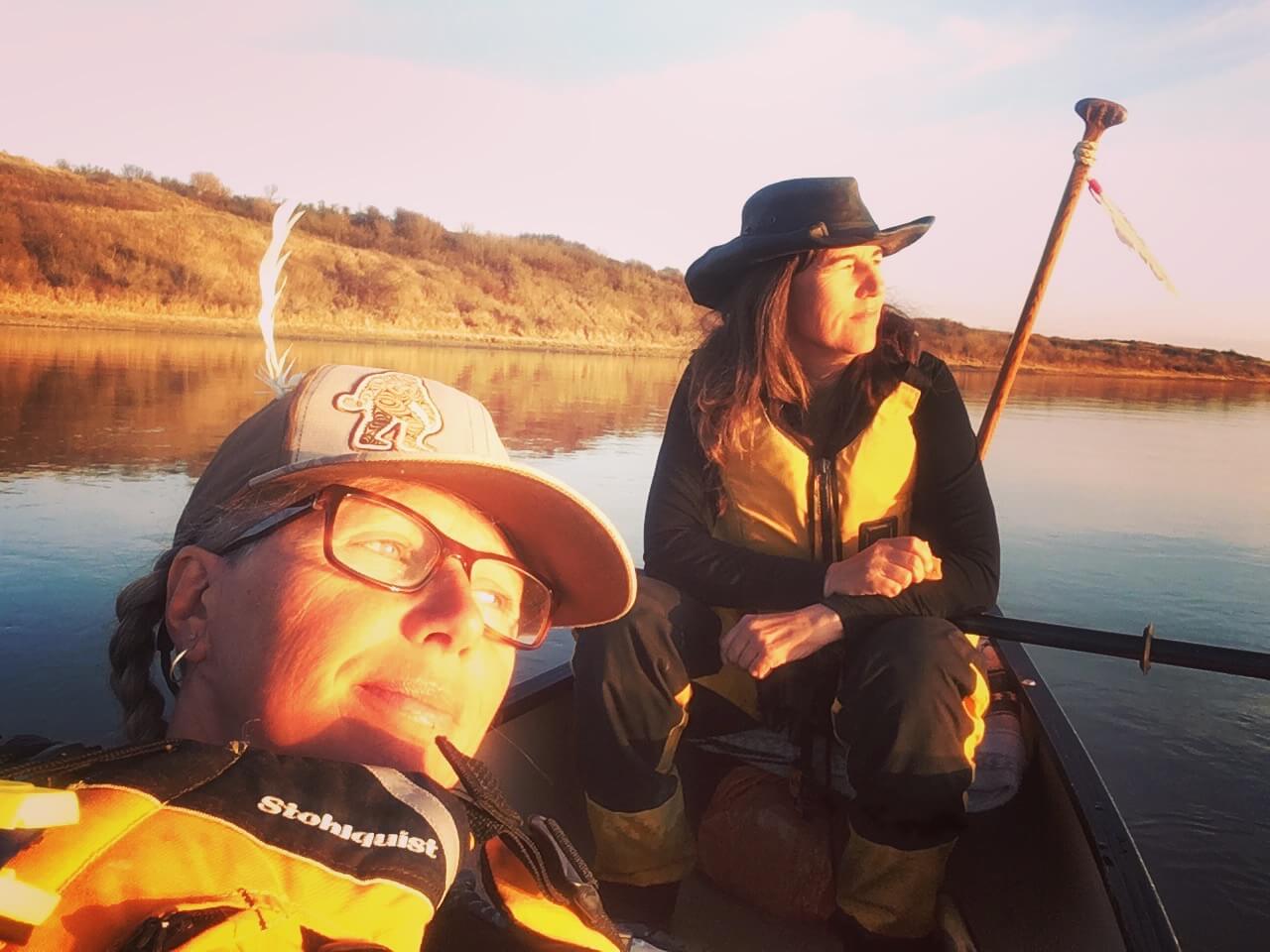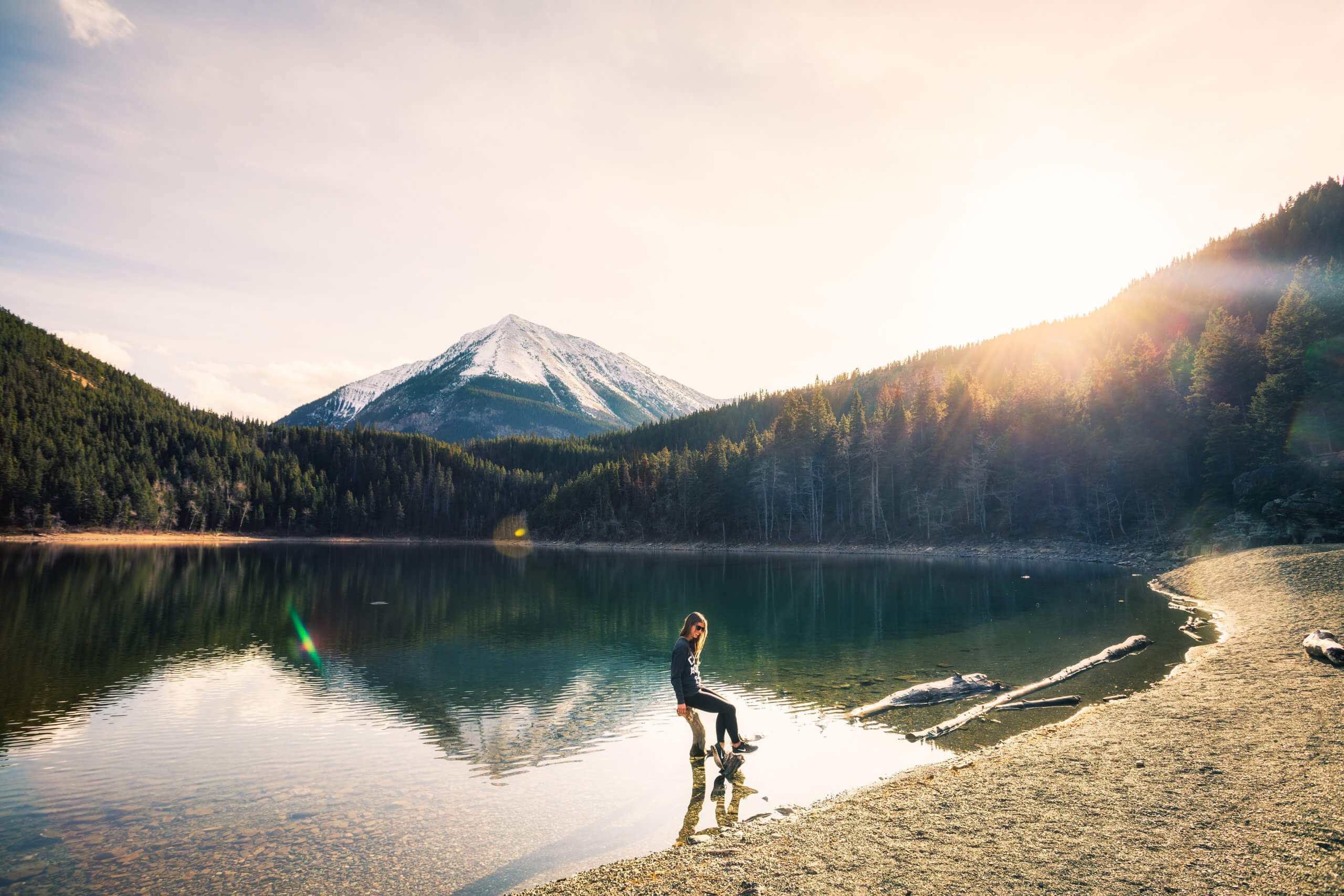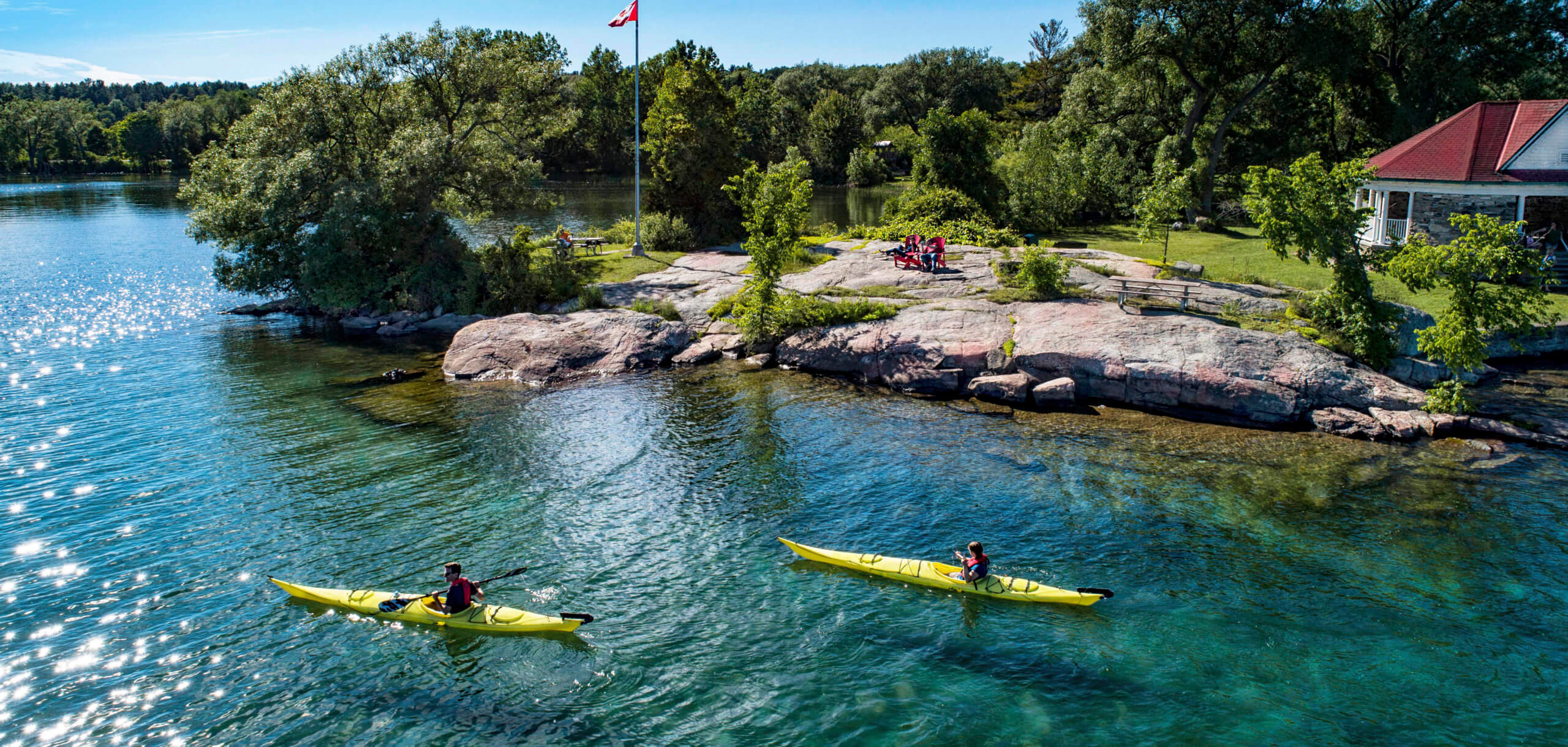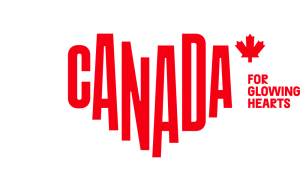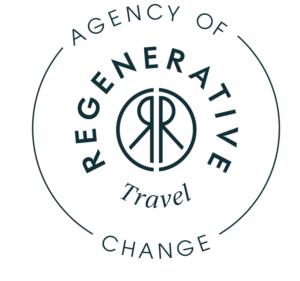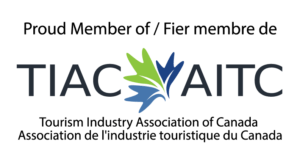Kindness is Medicine: One Woman’s Six-Year Journey Across Canada
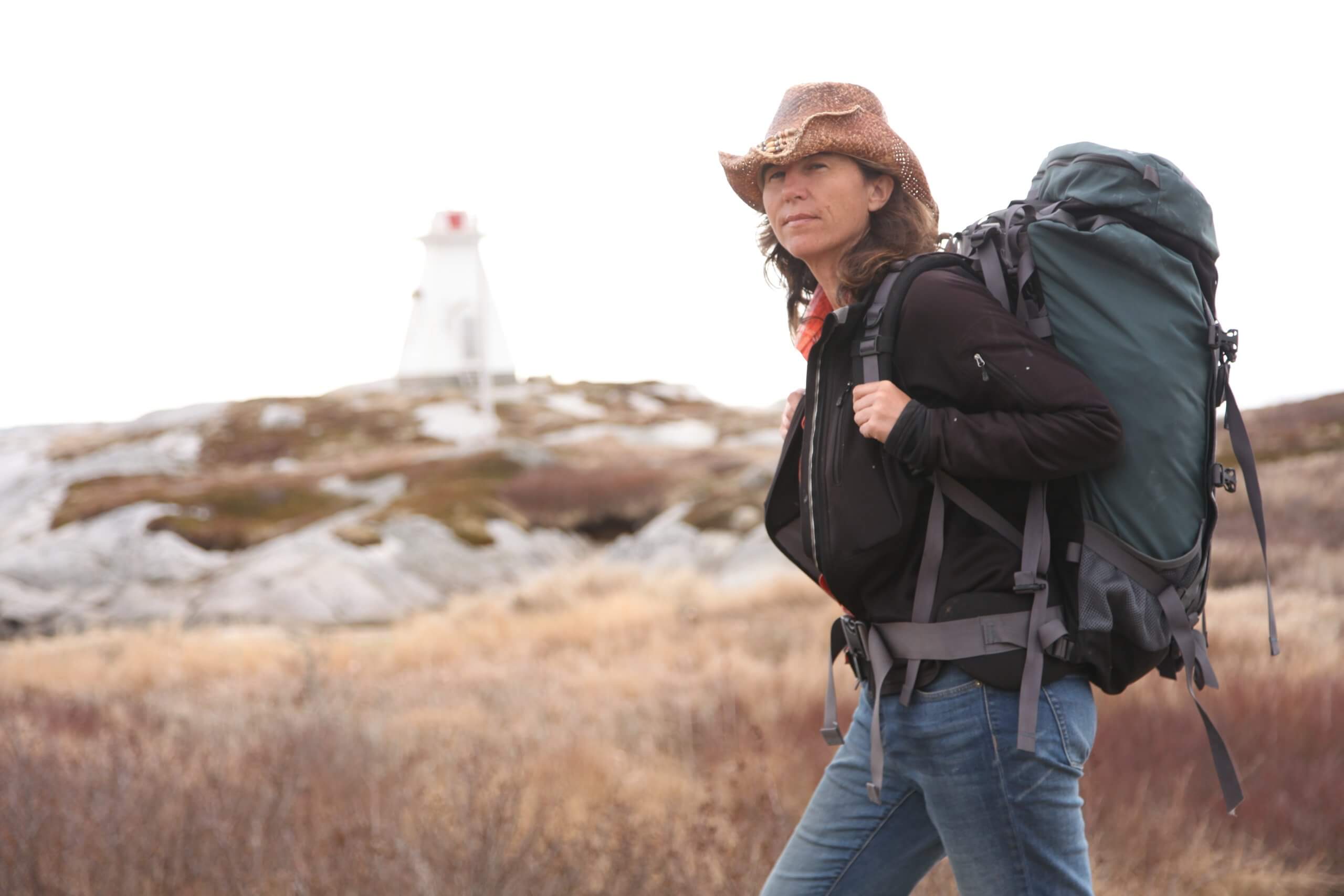 It’s been one year since Dianne Whelan paddled up to Victoria to walk the final steps of an incredible journey that took her from the far shores of Newfoundland to the Arctic Ocean and finally back to her home in British Columbia.
It’s been one year since Dianne Whelan paddled up to Victoria to walk the final steps of an incredible journey that took her from the far shores of Newfoundland to the Arctic Ocean and finally back to her home in British Columbia.
Dianne spent the better part of six years paddling, hiking, snowshoeing and cycling along the TransCanada Trail becoming the first person to ever complete the 28,000-km trek in its entirety — waterways and all.
“I started in the east and followed the sun home,” Dianne told me. A poetic theme for a journey that would change her life and her outlook on the world.
Dianne’s feat of conquering the TransCanada Trail — the longest interconnected trail system in the world — is impressive but even more impressive are the life-altering lessons she learned along the way.
Hers is not a story about personal physical triumph — it is not about being the first or the fastest — but instead it is a story of connection and hope.
Read on below for the exhilarating tale of Dianne’s days in the wild.
Dianne Whelan didn’t start out her adult life as an adventurer. In fact, the Canadian writer and filmmaker had originally decided she would study to become a lawyer. But after coming out in her 20s — which she calls “one of the hardest things I’ve ever done in my entire existence” — she realized being a lawyer was not right for her.
“Not to say that being a lawyer isn’t a good thing, but it was never really in my heart,” she says. “After I came out, I realized the importance of being sincere and being authentic in my life. I wanted that authenticity in every aspect of my existence.”
She went to journalism school and fell in love with photojournalism and feature writing. That path eventually led her to film school. Dianne shot her first film This Land in the High Arctic and wrote a book about her experience. Her second film 40 Days at Base Camp was shot on Mt. Everest.
“I think I would have made a lot more money if I had just gone to law school,” she says with a laugh. “But as my Grandma Whelan used to say ‘you don’t see a hearse pulling a U-Haul’.”
In short, life is about experiences — and Dianne certainly took that advice to heart and lives her life by it, challenging herself to push boundaries to tell compelling and meaningful stories.
To understand what led Dianne to make the dramatic decision to trek across the second largest country in the world, we first have to understand what was happening back when she set out on her journey.
While the country was gearing up for its 150th birthday (one of the big projects was the completion of the TransCanada Trail, which was set to open fully in 2017), the news was dominated by the horrifying stories of missing and murdered Indigenous women. Dianne was greatly affected by this.
“Like most Canadians, I love this country and I celebrate it. Especially as a woman, we have rights here and as a gay woman, I have rights here. And I love the land and I love the people. But I also know that people have lived here a lot longer than 150 years. So they were building the trail to celebrate 150 years and I saw the opportunity as a storyteller…to bring a different story to the trail.”
Dianne embarked on the journey with the purpose of connecting with the land and honouring its ancestors because “Canada is just one chapter in a book about this land.”
Dianne set off on the trail, starting in Newfoundland, in July 2015. A few months before she began, she had been at a film festival in Haida Gwaii and had spoken to one of the elders about her journey and her desire to honour the ancestors. She asked for advice on how she might do that.
“He gifted me an eagle feather and they taught me how to smudge and they said that while I was on the trail, every morning, I woke up I could smudge.” (Smudging is a traditional Indigenous practice used to purify and cleanse energy.)
Dianne did just that and her quiet morning actions came to shape her journey on the trail.
“What I came to learn after being on the trail all those years is that what we carry in our heart shapes our lives and it certainly shaped my journey.”
Over the years Dianne was warmly welcomed and invited into one Indigenous community after another and found profound hope and light along the way.
“I had many exchanges with many people, not just in Indigenous communities but in all communities across Canada and all I ever met was kindness, which I think is great medicine. ”
Her journey, which was never about athletic performance or physical endurance, became increasingly more focussed on connection, hope and learning.
As a filmmaker, Dianne has gathered a wealth of stories while moving ever so slowly from coast to coast to coast. Her newest film 500 Days in the Wild is still in the works (she hopes to release it sometime in 2023) and will detail the hardships and the triumphs as well as the human kindness and love shown to her along the way.
I asked Dianne if there were any moments when she was just mesmerized by the scenery and she chuckled: “We live in a beautiful country and I had those experiences in every province and territory, absolutely.”
Among other amazing places, Dianne mentions being blown away by the amazing bike trails in Quebec and the paddling opportunities in Northern Ontario and Manitoba.
She says her favourite parts of the trek were on water and her two most profound experiences of the journey came while in her 15-foot red canoe: the first being the harrowing solo paddle across Lake Superior, the largest freshwater lake in the world, and the second was the epic paddle from Alberta to the Arctic Ocean, which she undertook alongside her partner Louisa.
“I never asked myself what would be the easiest way, I always asked myself what would be the most meaningful way for me to do this journey.”
Over the years, she learned to slow down and to approach each step and each stroke of her paddle with purpose.
“I never knew from day one the journey that was about to unfold in front of me.”
You can learn more about Dianne’s journey and her forthcoming film on 500 Days in the Wild.
All photos provided by Dianne Whelan.

